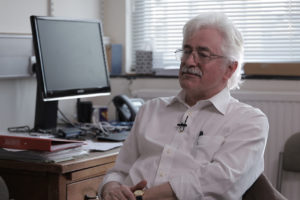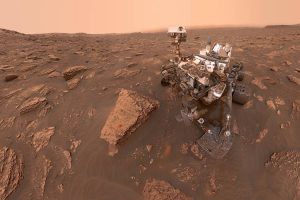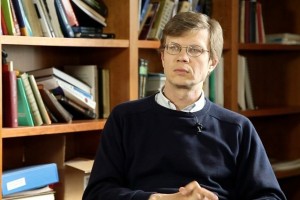Earth Observations
Physicist David Southwood on the exploration of the oceans, Earth meteorology and how can we observe climate c...
How did the complexity in the Universe evolve through it’s history? What is the universal computation? What are the capabilities of the universal computer? Professor of Mechanical Engineering at MIT Seth Lloyd speaks on how computation manipulates information.
The Universe, very hot, featureless, expanding, starts to clump together, becomes less homogeneous, less regular. There is something about the laws of physics that takes something that’s regular and makes it more clumpy, more random looking, more detailed. This is actually very strange by the ordinary laws of physics. Where does that come from? It comes from a special feature about gravity, and the laws of gravitation.
Ironically we know much less about the origins of life than we know about the origins of the Universe. The Universe was born 13,76 billions years ago, Big Bang, temperature of billions of degrees; life – we don’t know. But we do know features of life now, and we can extract from these features how complexity might have evolved.
The Universe is not a computer, or is it? Actually the dynamics of the Universe support computation. The laws of physics support computation. And I know from my own research, building quantum computers, that the laws of physics support computation at the most microscopic and fundamental level, where elementary particles store bits of information: every time two particles collide, those bits flip. So the universe is full of bits of information.

Physicist David Southwood on the exploration of the oceans, Earth meteorology and how can we observe climate c...

Mars Science Laboratory Project Scientist Ashwin Vasavada on finding signs of a habitable environement, the Ra...

Physicist Mikhail Lukin on quantum computers, atomic clocks, and new tools for exploring biological systems